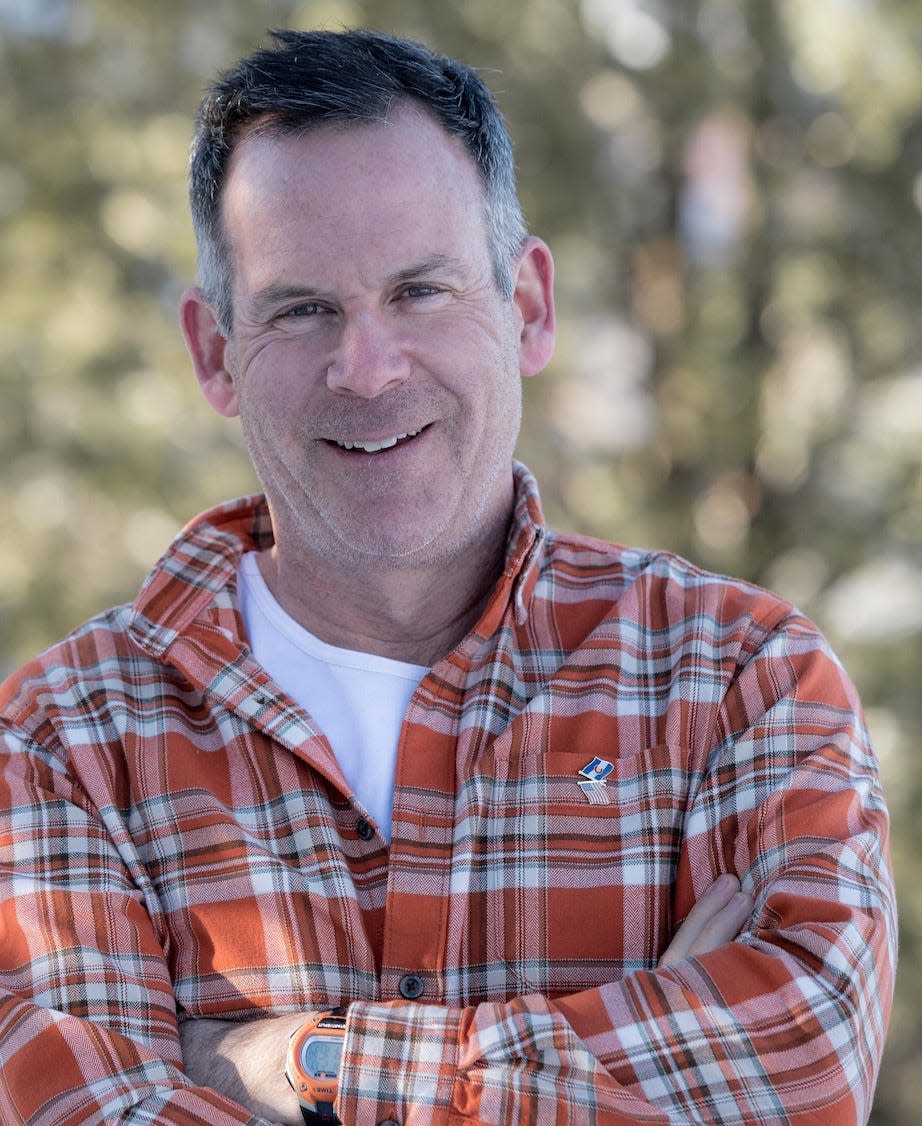Frisch: Permitting reform is a bipartisan solution to our energy crisis
Domestic energy producers in Colorado’s 3rd Congressional District - from natural gas to solar to hydropower - generate the cleanest, most responsible energy on the planet. Bolstering this production and investing in clean energy infrastructure is essential to achieving American energy security, protecting our national security, and securing a brighter future for our communities. But these goals will not be possible if we cannot efficiently and quickly build and scale new projects. With several bipartisan proposals to streamline the process for developing energy and infrastructure projects under consideration, there is a real opportunity to achieve durable permitting reform.
Regardless of party affiliation, more and more members of Congress recognize that the current process for reviewing and approving federal permits is a problem that not only threatens good paying jobs, revenue generation, and local economic development, but also a growing number of projects that are critical to the advancement of our energy and climate goals.
The recently passed Inflation Reduction Act included several provisions designed to incentivize both demand for green energy – such as solar power and electric vehicles – and see America bring the manufacturing, mineral production, and infrastructure necessary to achieve our climate goals back to American shores. A great deal of that requires the securing of federal permits. But the outdated and litigious permitting system currently in place keeps many of these critical projects from being completed.
Most of the common-sense reforms that should attract bipartisan attention center around modernization of the National Environmental Policy Act (NEPA), which was created to ensure that federal agencies consider the environmental impacts of their actions and decisions before issuing permits. Unfortunately, the process has morphed into a bureaucratic morass that often delays the initiation of projects across many segments of energy infrastructure for extended and unreasonable times – in some cases by more than a decade.
NEPA has also been turned into a legal weapon by well-organized groups who are opposed to even the most responsible development. These organizations will comb permit applications for some scintilla of a violation and sue the relevant federal agency that reviews and approves the permits, tying up the project in court indefinitely.
Today it is not just oil and gas projects, mine expansions, or even ski-lift installations that fall victim to this bureaucracy, but also critical transportation infrastructure, such as roads and bridges. Increasingly, this process inhibits the development of clean energy infrastructure, like wind and solar farms and the harvesting of minerals used in solar panels and batteries. In fact, more than 80% of all the projects currently delayed under NEPA are clean energy related.
Transmission infrastructure that facilitates greater inclusion of renewable energy into the electrical grid have also fallen victim to NEPA delays. Unlike natural gas or coal, renewable energy needs to be generated where it is collected, and then that electricity needs to be transmitted to the consumer. The New York Times recently reported that 8,100 energy projects, most of them solar, wind, and batteries, were waiting for permission to connect to the electrical grid at the close of 2021.
Some common sense reforms and proposals for modernizing NEPA are circulating in Congress, including setting maximum timelines for the completion of NEPA reviews. Regardless of party affiliation, we should all agree that there is public benefit to ensuring an efficient and effective permitting process.
Another sensible reform would be to set reasonable limits on the ability of project opponents to terminally delay projects through endless litigation, and caps on financial awards in these cases. No one wishes to take from any citizen the right to seek legal redress, but the sort of weaponization of the legal system that is often encountered with NEPA lawsuits amounts to a gross abuse of that system.
Even the best-intentioned laws require revisiting and tweaking from time to time, as real-world conditions change. NEPA and the rest of our federal permitting process is no different. It’s time to cut the government red tape standing in the way of our energy security and clean energy future – that’s something both parties should agree on.

Adam Frisch is a former City Councilman, and candidate for Colorado’s 3rd Congressional District.
This article originally appeared on The Pueblo Chieftain: Frisch: Permitting reform a bipartisan solution to our energy crisis

